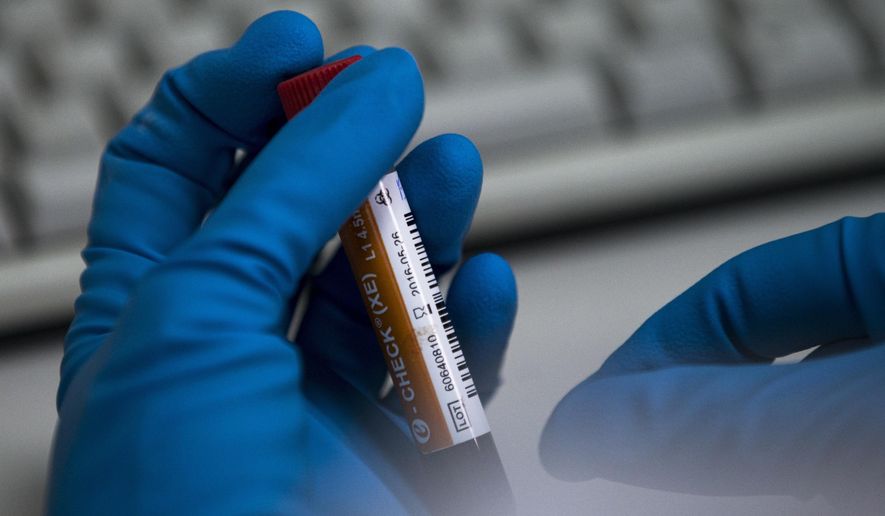The director of the World Anti-Doping Agency (WADA) on Thursday said the organization has been subjected to daily cyberattacks in the weeks since its investigators accused Russian athletes of using performance-enhancing drugs ahead of last month’s Olympic games in Rio de Janeiro.
“We have experienced hacking attempts every day for three weeks. It is happening all the time and it is very annoying,” WADA Director General Olivier Niggli told Norway’s NRK news website this week.
“We have a pretty good suspicion about who the hackers are. They are from Russia and they are acquaintances of Western governments,” the WADA chief added, according to an English-language translation.
The recent wave of apparent cyberattacks being waged against WADA have occurred in the weeks after the agency announced that an independent investigation it had commissioned found evidence of a state-sponsored doping scandal sanctioned by Moscow.
“Not only does the evidence implicate the Russian Ministry of Sport in running a doping system that’s sole aim was to subvert the doping control process, it also states that there was active participation and assistance of the Federal Security Service and the Center of Sports Preparation of National Teams of Russia,” WADA President Sir Craig Reedie said when the report was released in July.
The anti-doping group in turn recommended that the International Olympic Committee (IOC) take disciplinary action against Russia. The IOC responded by announcing two weeks before the Games began that Russian athletes wishing to participate in the Olympics would need to undergo further evaluation on a case-by-case basis if they wanted to compete.
In all, WADA’s investigation led to more than 100 Russian athletes being banned from last month’s Olympic games, The Moscow Times reported.
Yuliya Stepanova, a Russian track-and-field athlete who blew the whistle on her government’s doping ring, previously had her online account with WADA hacked after she came forward with her allegations. Along with her husband, a former anti-doping officer, she has since reportedly fled Russia over fears of further repercussions.
“Unfortunately, like many organizations, WADA is not immune to attempted cyberattacks,” the agency said when the athlete’s reports of the athlete’s account being breached appeared last month. “Stakeholders can rest assured that the agency takes IT security and data privacy very seriously; accordingly, as a matter of course, we monitor all our systems on a continuous basis and adjust as necessary in line with the best of IT security practices.”
FireEye, an American cybersecurity firm, has linked the previously-reported hacking attempts waged against WADA athletes with the same advanced persistent threat group its experts believe to have recently targeted the U.S. Democratic Party, NBC News reported.
• Andrew Blake can be reached at ablake@washingtontimes.com.




Please read our comment policy before commenting.